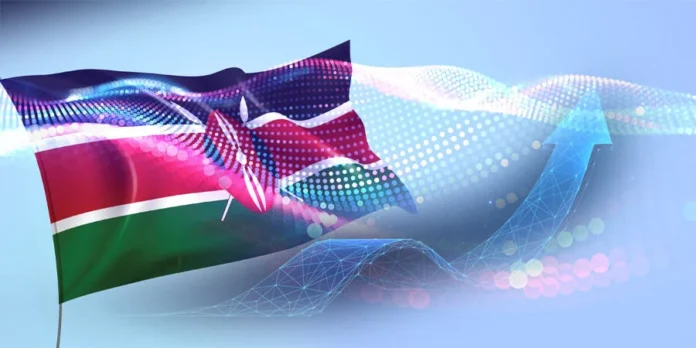Kenya has been ranked eighth in Africa and 93rd globally in a new index assessing how well countries are prepared to harness the benefits of artificial intelligence (AI).
The ranking, part of the 2024 Government AI Readiness Index, evaluates over 170 countries across indicators such as policy frameworks, technological maturity, and digital infrastructure.
Kenya is recognised as one of Africa’s key digital powerhouses, joining the ranks of South Africa, Nigeria, and Egypt.
The country is already deploying AI in sectors such as healthcare, agriculture, education, and governance. Innovations include AI-powered diagnostic tools in rural health centres, smart crop monitoring systems, and digital assistants in education.
Despite this progress, Africa remains far behind in the global AI race. The continent currently accounts for just 2.5 percent of a global AI market estimated to be worth USD16.5 trillion in 2024. Yet the potential is significant.
Analysts estimate that AI could contribute as much as USD2.9 trillion to Africa’s GDP by 2030, translating to an average annual growth increase of three percent. This could result in millions of new jobs and improvements in key development areas.
In Kenya and across the continent, agriculture, finance, health, and retail are seen as the sectors most likely to benefit. AI applications such as precision farming, fraud detection, faster medical diagnoses, and smarter retail logistics are already showing promise.
However, the report also highlights serious challenges. Access to reliable internet remains limited in many parts of Africa, restricting the reach of AI solutions.
A lack of trained AI professionals and the scarcity of digital content in African languages are further hurdles to inclusive development.
Kenya and its regional peers also face an urgent need to develop ethical AI policies, invest in computing infrastructure, and build local data ecosystems that reflect their unique needs.
Without these, Africa’s large and youthful population expected to represent 42 percent of the global youth by 2030 could miss out on the benefits of the AI revolution.
Experts warn that AI’s potential in Africa will only be fully realised if governments and private sector players collaborate to expand connectivity, invest in education and innovation, and ensure inclusivity in policy and practice. Without deliberate action, the continent risks remaining on the sidelines of one of the century’s most transformative technological shifts.
Written By Ian Maleve



















